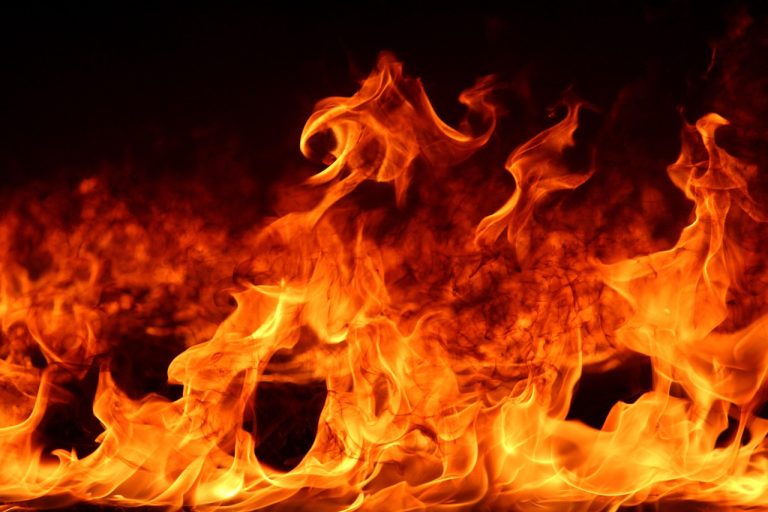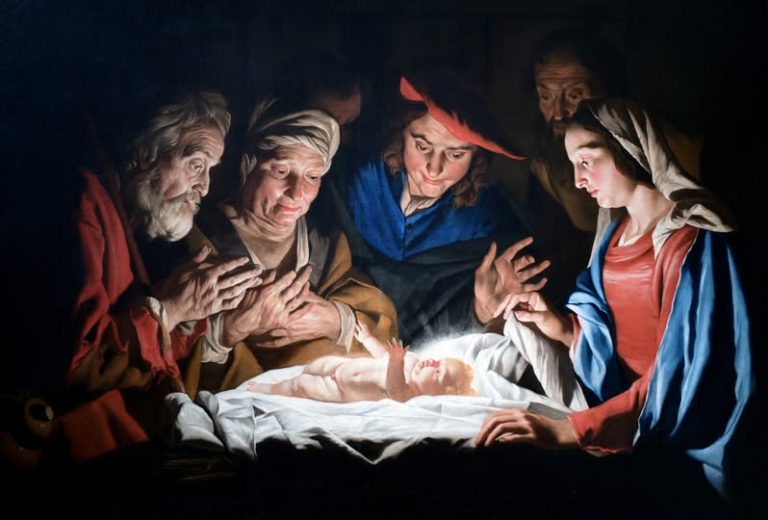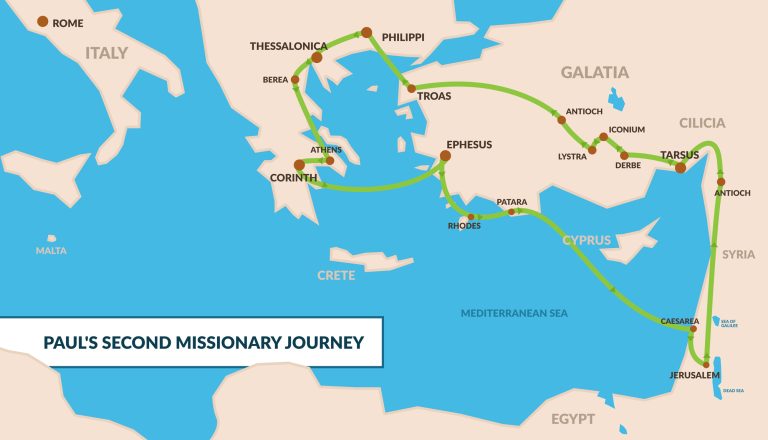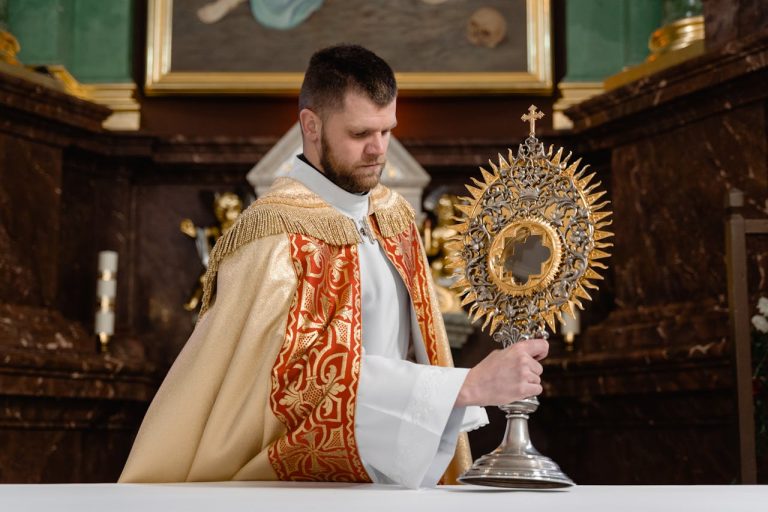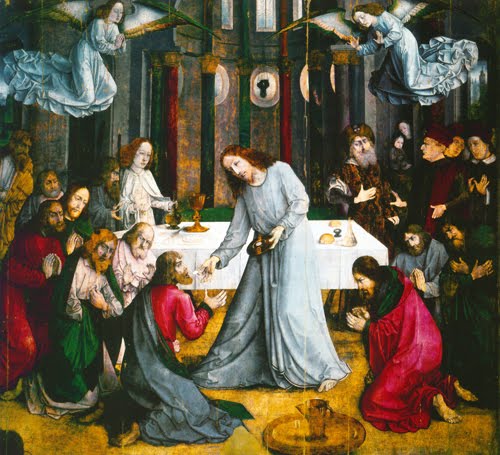Why do we have money? Money gives people access to energy. There are two kinds of energy. Some energy comes through wires and pipes. Another form of energy is that which is crystallized in things.
Catholic Fundamentalism thinks we can understand how money gives people access to energy and things by using our imagination. We picture a small settlement, a few thousand years ago. Each of the twenty residents needed a plot to raise their food.
One of them catches a cow. He turns a shovel sideways, and calls it a “plow”. He hooks the plow to the cow. He plows and plants more land than the other nine villagers combined.
His inventive use of energy has left the settlement as food-rich as it ever was. The only difference is that, now, nineteen people can now go do something else for a big part of every day. How does the food get from the early Super-farmer to the non-producers?
Our imaginary super-farmer may be very idealistic: “With me doing all the food producing, you can sit around more than ever. I like producing food. You like sitting around. We’re all happy.”
His neighbors will think that’s a far more brilliant idea than inventing the plow and hooking it to the cow.
But, there’s still work to do. Villagers need to carry water, so there’s an ongoing need for clay jars and pots. People spend some time making them.
One of them invents a potter’s wheel. He makes all the pots the community needs. “I like making pots. The rest of you can take a break. Sit around for awhile. I’ll make all the pots we need.” Another villager invents a loom, and takes over clothing production. Wagons replace human carriers. Pretty soon, there is absolutely nothing left for most of the people to do, and they’ve gotten so used to sitting around there’s not much else they can do.
How do the non-productive people get the food, pots, clothing, and everything else they need if the producers don’t want to give things to them?
Someone takes charge. “Look”, they explain to the producers, “if we don’t give money to the horde of non-producers, they will organize and kill us all.” Then, they carefully explain to the non-producers, “If you guys get mad and kill the producers, then you’ll have to go back to doing hard,dirty work. For now, be happy with what you’re getting. Producers are getting more efficient. Every time they do, we’ll get more for you.”
So, a balance is reached. Colored paper, electronic chits, shiny rocks, metals, beaver pelts, “stamps” that can be exchanged for food, and lots of things have been used to give people access to energy. In successful countries, a balance is reached that lets the producers produce and give growing numbers of non-producers enough money to keep them off the street. Money gives people access to energy and keeps them calm.
As producers get more efficient, they must give more money to non-producers. Most non-producers are reasonably happy, within limits. There are disagreements. Producers always think they should get to keep more. Non-producers always think they should be given more. Some non-producers make a living by keeping other non-producers fired up and fighting for more.
As fewer people are needed to produce things, the better the distribution systems must become. Today, smaller nations are no longer in a position to obtain the financing to make anything cheaply. They have to arrange for other, larger nations to provide energy and things to their growing numbers of non-producers. Greece, for instance, is looking for help from anyone.
When governments controlled by non-producers collapse, their people find that their “right” to get the money that gives people access to energy is not as universally respected as they would prefer.




